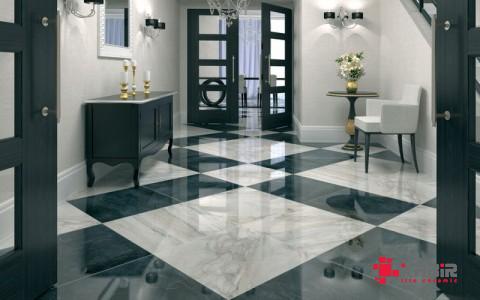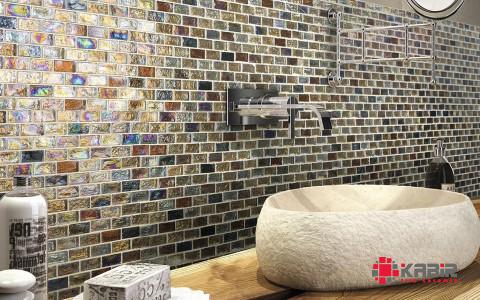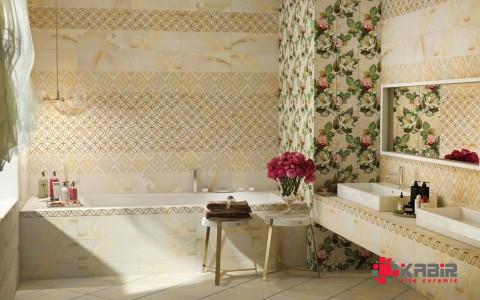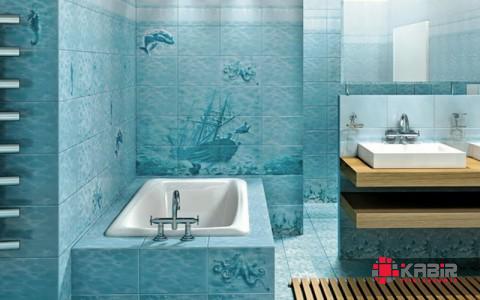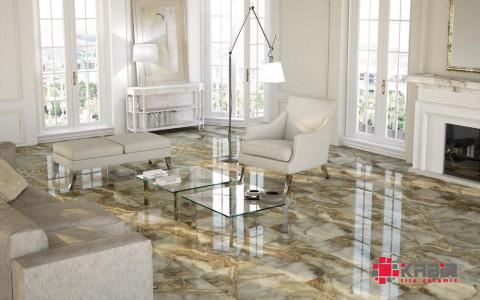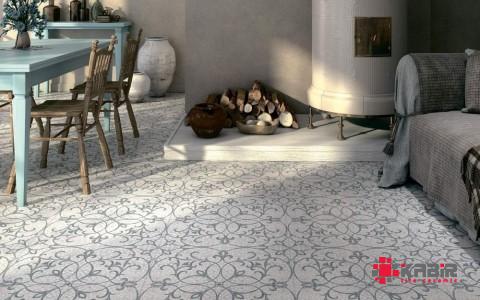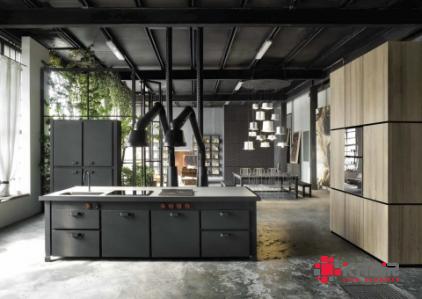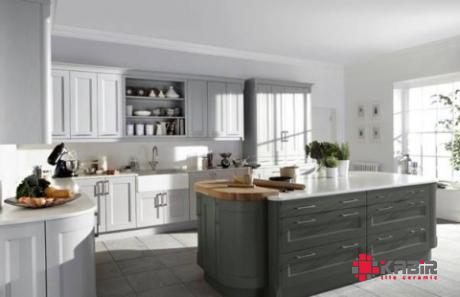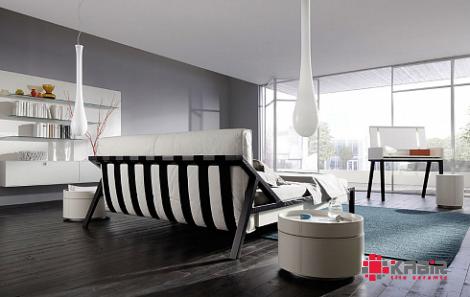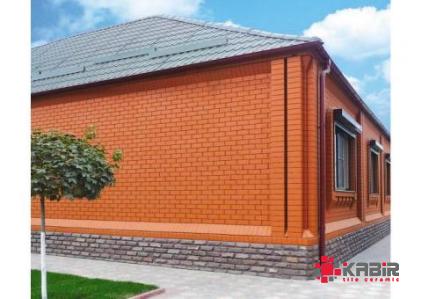Different Types of Backsplash Tiles for Our Houses
Different backsplash tiles make it harder to decide what to do with our modern home’s kitchen than it used to be
Ceramic Backsplash Tiles
A clay mixture is used to make ceramic tiles, which are then burned at a high temperature to produce a wide range of colors and designs
Due to its affordability, long-lasting durability, and high practicality, this type of backsplash material is one of the most common choices
Nevertheless, it should be noted that ceramic tiles require more installation expertise and knowledge than straightforward stick-on tiles
Like ceramic tiles, porcelain backsplash tiles are made from a clay mixture and baked in a kiln
The main difference between porcelain and ceramic tile is that porcelain is made with more refined clay and is fired at a higher temperature, which makes the tiles denser and stronger
In light of this, porcelain tiles are a great choice for a backsplash in a kitchen or bathroom due to their low maintenance needs, reduced cost, and improved longevity
You’ll have to put in work to keep the kitchen backsplash looking good after installation
Some types of tiles, like those made of glass, ceramic, or porcelain, need very little maintenance to stay in good shape
Cleaning the backsplash is as simple as cleaning the stove or countertop
However, other backsplash materials for kitchens, such as manufactured stone veneer or real stone tile, need to be regularly cleaned and sealed to stop pollutants like food and oil from penetrating the porous material
These goods may become permanently stained, discolored, and faded if they are not sealed
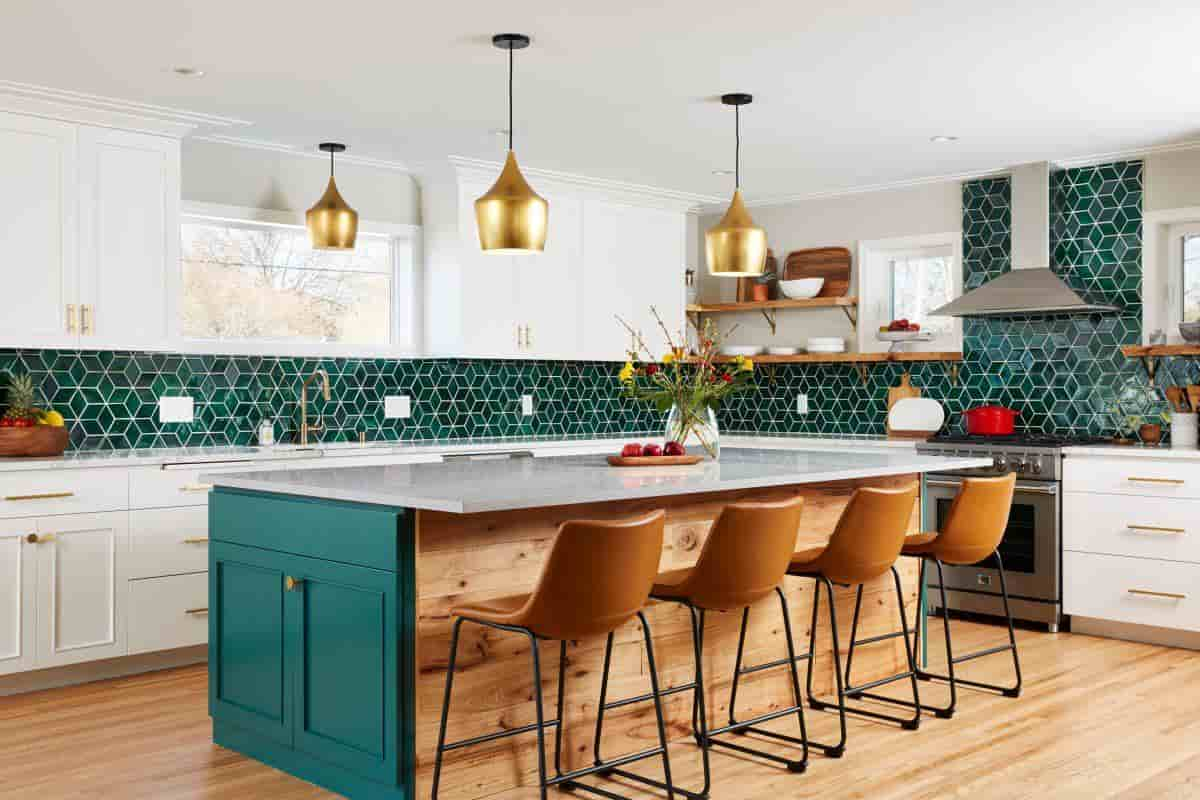
Glass Backsplash Tiles
Although installing glass tile will be more expensive than installing porcelain or ceramic, this backsplash material is much simpler to clean than the other two options
In addition, glass tiles come in a variety of colors that do not lose their vibrancy over time, and the material itself is nonporous, which helps to protect against stains and discoloration
Installing glass tiles, on the other hand, is not a simple DIY project
If you do not have the experience and skills necessary to work with glass, then installing this material in your kitchen or bathroom is probably not the best idea
Before choosing a backsplash material, novice and unskilled DIYers should think about how difficult it will be to install each sort of material
Most backsplash materials, like shower tiles, must be grouted to the wall
With a wet tile saw, this method often entails cutting the tiles precisely to fit the area
You can finish your kitchen backsplash with peel-and-stick tiles, but they tend to be of low quality and not last long
Because they have the expertise and skills to work with any of the most popular varieties of backsplash material, seasoned DIYers may not need to worry as much about whether they can finish a job when choosing the material
It may be preferable to use a material that is easy to install, like thermoplastic tiles, if you want to accomplish the project quickly
The installation difficulty can still extend the time it takes to complete the project
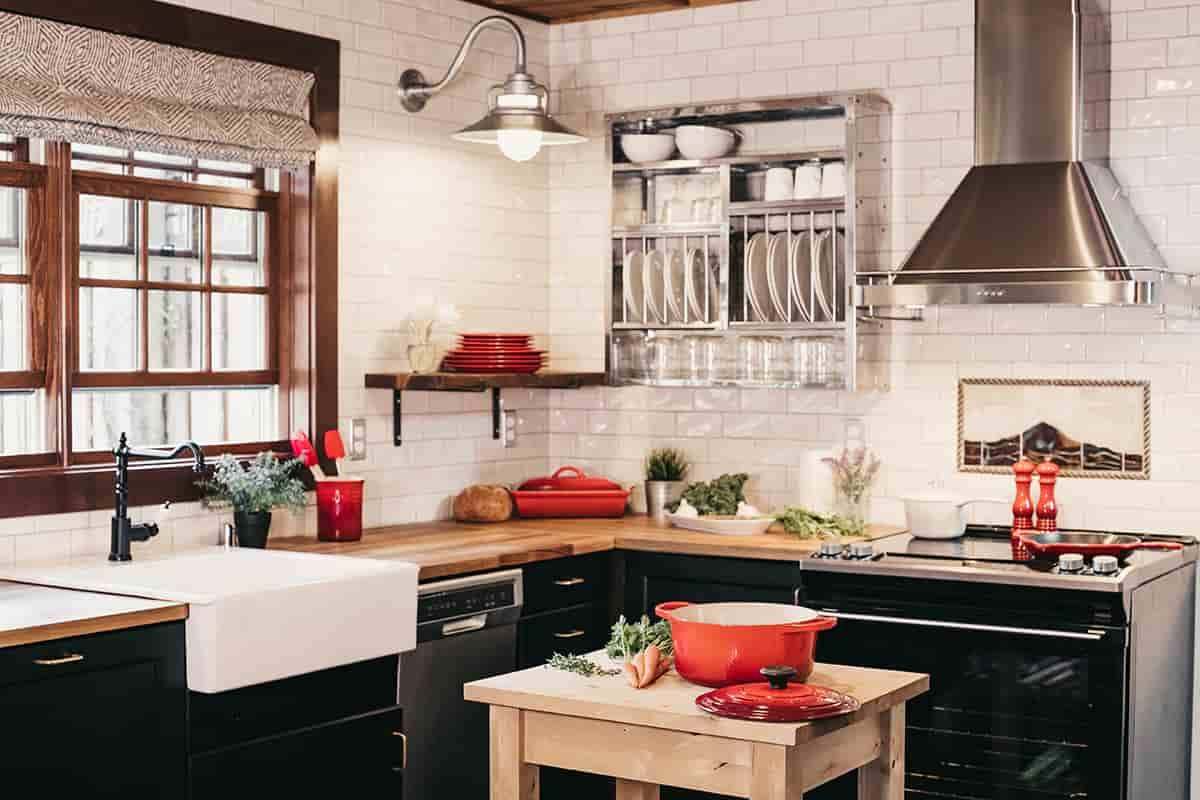
Metal Backsplash Tiles
Historically, when people talked about metal backsplash tiles, they were primarily referring to enormous tin ceiling tiles that had been reused for use on the wall
This design is still used in some houses and companies, but in recent years, producers have introduced little metal tiles that come in a wide variety of surface textures and coatings
These tiles can be found in some homes and businesses today
Even though they adhere directly to the wall with an adhesive, these tiles are far simpler to install than the majority of the other available options
Nonetheless, their cost is still higher than that of porcelain or ceramic
The fact that metal tiles are so easily damaged by scratches and other forms of abrasive wear is another disadvantage of using them
Acidic meals may have a negative reaction with certain metals
Copper tiles look beautiful when they are first put in, but they may become tarnished over time
Because a backsplash normally covers less area than similar tasks, installing a new backsplash for the kitchen doesn’t cost as much as installing shower tiles or changing floor tiles
When organizing the installation project, it’s still crucial to account for the material’s cost
Depending on what you choose for your kitchen backsplash, the cost could go up a lot
Porcelain, ceramic, and thermoplastic tiles are the least expensive options
Travertine and stone veneer, on the other hand, are more expensive because of how they look
While the price of glass and metal tiles typically falls in the middle
Installing a kitchen backsplash typically costs between $600 and $1,300
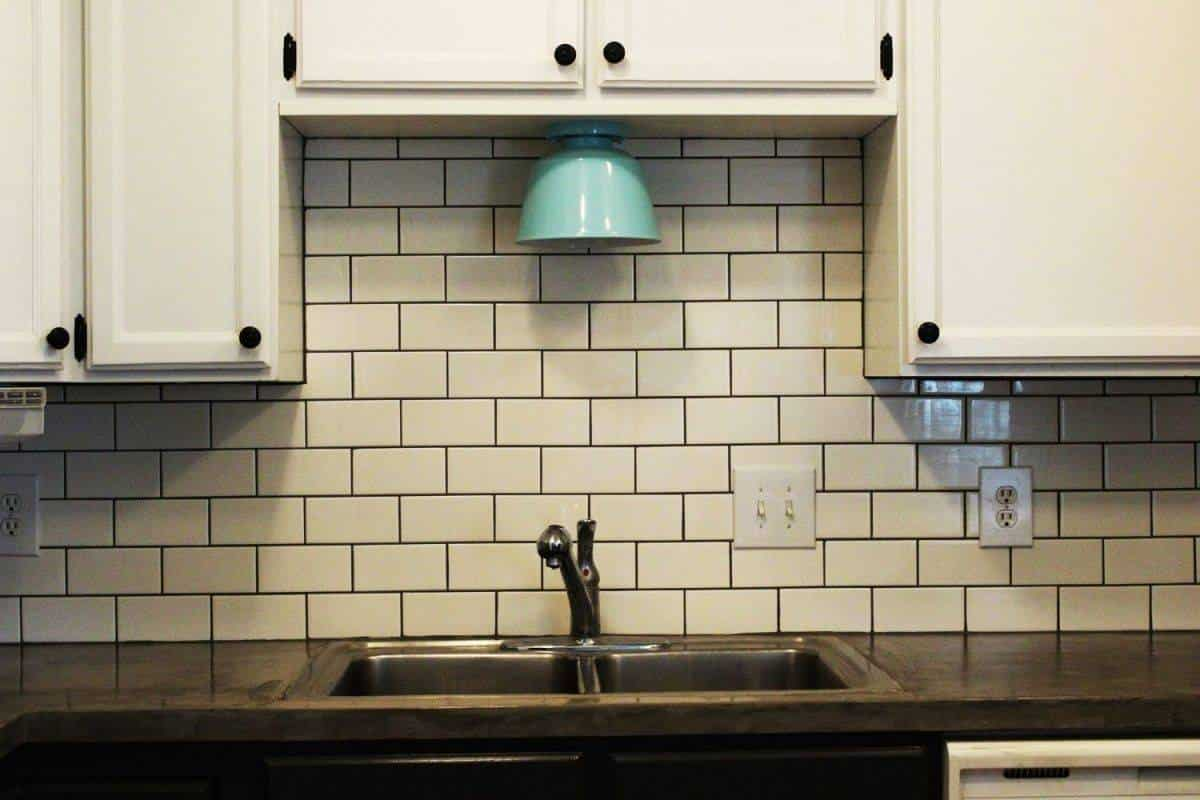
Natural Stone Tiles for Backsplash
If your artistic goal is to create a classic look, travertine tile is a great choice, even though it is expensive
Despite the fact that this porous material is often filled in and honed until it has a smooth surface, travertine maintains a rough and natural appearance because it is made from limestone
Aside from their unique look, these tiles might not be a good choice because they need much care to keep them from getting stained or discolored
This maintenance includes frequent cleaning and periodic sealing of the surface
The longevity of the material used for the backsplash is another consideration
You won’t need to coat the backsplash if you use metal tiles because they don’t absorb moisture and give off a beautiful sheen
Scratches and other forms of abrasive damage, on the other hand, are likely to leave permanent traces on the tiles that cannot be removed by polishing or sanding
Similar to ceramic tiles, thermoplastic tiles may be purchased for a low cost and are simple to set up, making them an appealing option for use in the kitchen
Even though they can be used to cover the wall above your counters, installing these tiles behind the stove is not a good idea because their construction is made of plastic, which makes them incapable of withstanding the heat produced by an oven
